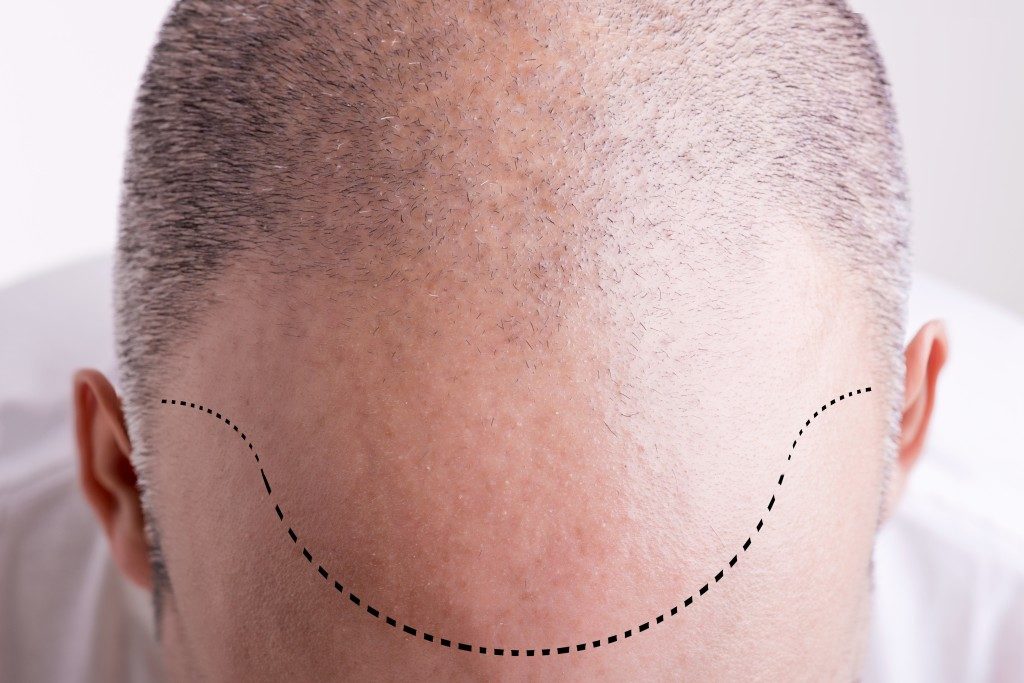Successful athletes do more than just train. Beyond what is shown on sports TV, a whole health routine is implemented to ensure the player’s overall well-being and ultimate performance. Here are the healthy habits that come into play:
Get More Zzzs
It’s safe to assume that high-performing athletes are way physically stronger than nonathletes. But do you know that the former requires more time in bed than the latter? It turns out that sleep isn’t for the weak. This is because the harder you train, the longer time your body needs to recover. Therefore, depending on how rigorous your training program is, the recommended 7-9 hours of sleep might not be enough for you to feel fully rested.
Scrimping on your ZZzs won’t do your body and athletic performance a favor. A lack of good shut-eye results in slower reaction time, poor motor coordination, and higher injury risk, among many others. No athlete will want any of those.
In locker rooms, courts, and fields, you would often hear coaches reminding their teams to sleep longer and deeper. Some would even say that they need to outsleep their opponents to get stronger. But how do you exactly do that? Making your room like a cave is one way. Be sure to keep it dark, quiet, and cool. Get rid of everything and anything that will distract you when you’re trying to catch some sleep.
Another way, and the most effective one, is sticking to a schedule. Athlete or not, people find it easier to doze off when they follow a regular bedtime and wake-up time. That’s just how the human body works.
Look at Your Relationships
Athletes, no matter how impossibly strong they seem, are still human beings. And just like anyone else, they have social needs. Making time for friends and family is crucial in keeping the mind and body healthy. Even if you practice religiously, if you fail to cultivate your relationships outside the training ground, you’re one step short of becoming the best version of yourself.
Can’t find the time for social engagements? You have to. Simply walking around your neighborhood and stopping for a quick chat goes a long way. A video call with a friend will also help. Imagine how much more benefit you can get if you spend quality time with people close to your heart.
Find Peace within Yourself
So much has already been said about training hard and how it sets athletes up for a successful career. How about tending to the mind? Competitive sports foster a highly stressful environment. If not managed, performance anxiety and pressure can be an ingredient for a mental health and athletic performance disaster. Athletes and their coaches should implement self-help routines before and after games. Accepting that jitters are normal and temporary is a good place to start.
Final Reminder: Listen to Your Doctor

Don’t ever miss your scheduled sports physical checkup. This helps you, your coach, and physician tell if you’re fit for the competition. In case you have a medical condition or a sports injury, follow your doctor’s instructions strictly. For instance, a podiatry doctor in Singapore might prescribe you with supportive footwear if you have weak ankles. Going by a specialist’s advice does not only prevent further injuries; it also helps you give your best performance.







